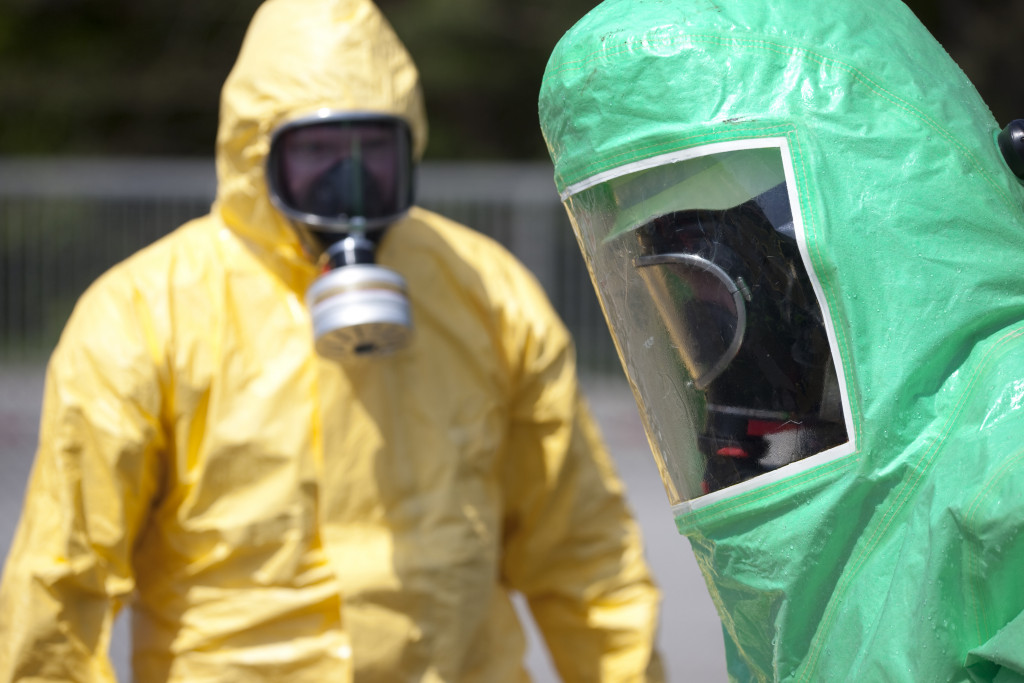Do you feel more stressed out lately? Do you have trouble focusing on something? You should watch out. The pandemic might be affecting you more than you think. Undoubtedly, the outbreak of COVID-19 spawned significant life changes. In a recent survey, 89% of Americans reported at least one negative change in their lives during the pandemic. These include changes in their relationships, careers, lifestyles, and finances.
As the world struggles to cope up, people are expected to deal with shifting routines and priorities. Naturally, this could be extremely draining. Some may struggle to balance work and home life. Others may experience difficulties due to indefinite isolation. So, how exactly can we deal with these significant and sudden changes?
Below are possible ways to reduce the stress brought by the new normal. Learn how to deal with sudden changes without compromising your health and well-being. Read on.
#1: Create a daily routine
Are you stumped on what to do while stuck at home? The fear of getting COVID-19 sweepingly locked us inside our rooms. Consequently, the days of morning walks and afternoon tea parties turned into memories.
In less than a year, life becomes mainly indoors. It’s therefore unsurprising that many find it challenging to maintain a routine. Sure, there are remote works to do like home tuition. And there are online classes to attend. But most days went on like smoke. Mealtimes come in randomly, and schedules become wobbly.
This lack of consistent routines made the pandemic more challenging. Typically, our routines allow us to feel in control of our lives. They also give us a sense of purpose and accomplishment. When we go on with our days without definite plans, we’re likely to feel restless and unmotivated.
Of course, this doesn’t mean you should immediately kickstart a well-detailed routine to cover the entire day. You can start by setting small goals at first. Having a consistent waking time can be a good start. Doing something you love at least once a day is also an excellent addition. Since you’re still stuck at home, you’ll also want to include physical activities to get your body moving.
Eventually, these routines can help you get back on track. You’ll need to be a little more patient.

#2: Stay connected with family and friends
Significant life changes are the usual causes of stress. Unsurprisingly, the pandemic changed almost every aspect of our lives. This explains why we’re likely to feel more stressed out. From job loss to the death of a loved one, various stressors can turn our lives upside down.
To make matters worse, the months-long lockdown fueled feelings of isolation. People were forced to go on with life with little to no interaction. This made it more difficult for most of us to cope up with the sudden life changes.
Despite the difficulties, though, your relationship with other people remains a must. This is especially true during stressful times. Scientifically, human connections help us manage our fears and stress. It makes things easier knowing we have people we can lean on to.
Sure, everyone is still stuck at home. And social distancing remains the unbreakable rule. Despite these, there are ways to maintain connections without breaching the protocols. Conducting regular virtual meet-ups is one. Platforms like Zoom and Google Meet allow people to catch up while being physically apart.
If you’re with your family, you can also take advantage of the stay-at-home campaign to improve your relationships. Set up weekly fun activities. Introduce cool, shared hobbies. This will help you de-stress and find simple pleasures at home. Plus, it’ll allow you to check on each other’s well-being from time to time.
#3: Seek professional support
Are you too overwhelmed to function correctly? Sure, family and friends are there to help. But seeking additional support is not bad, especially if taken from the experts. If you think the sudden changes are piling up too fast, the best response is to seek professional help from mental health specialists.
Often, stress can lead to depression and other mood disorders. Since the COVID-19 pandemic marks a highly stressful time, mental health problems are likely to develop. Naturally, it’s best to see a psychologist to know how you can manage your stress.
You can also avail integrated health programs to improve your physical health and well-being. Other options include enrolling in online therapy or visiting the nearest community mental health center.
Think you can handle the new normal? Adjusting to change isn’t an easy feat. But it isn’t impossible either. Be sure to welcome the post-pandemic life with an improved physical and mental health. Start your journey as early as today.

